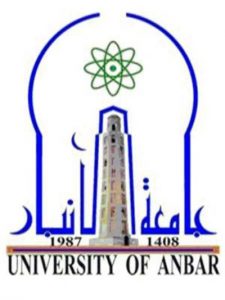Large Language Models and Future Directions – What’s Expected Next?
This special session is organised and supported by the following educational partner
University of Anbar
Session Chair:
- Dr Ahmed J. Aljaaf, Department of Artificial Intelligence, College of Computer Science and Information Technology, University of Anbar, Ramadi, Iraq
Session Co-Chairs:
- Dr Ayad Turky, Department of Computer Science, College of Computing and Informatics, University of Sharjah, King Faisal University, Sharjah, UAE.
- Dr Mohammed S. Ibrahim, Department of Artificial Intelligence, College of Computer Science and Information Technology, University of Anbar, Ramadi, Iraq.
Synopsis:
The recent development in Large Language Models (LLMs) such as GPT, Claude, and Gemini has revolutionized how we interact with machines, leading to major advances in natural language understanding, reasoning, and generation. As LLMs continue to develop, important questions emerge: What is beyond language understanding? How can we design systems that reason, act autonomously, adapt continually, and interact across multiple modalities?
This special session invites contributions that explore the next steps for LLMs and their role in artificial intelligence. Topics of interest include prompt engineering, retrieval-augmented generation, LLM-based autonomous agents, cognitive architectures, and multimodal AI systems. We encourage submissions that propose innovative contributions, address current limitations, or outline visions for the future of LLMs. We welcome original research papers, reviews, and position papers that focus on the LLM capabilities and its applications.
Topics
Topics of Interest Include:
- Prompt Engineering and Optimization Techniques
- Training, Fine-tuning, and Efficient use of LLMs
- Retrieval-Augmented Generation (RAG) and Knowledge
- Integration of Autonomous Agents Powered by LLMs
- Multimodal Models: Combining Text, Image, Video, and Audio
- World Modeling, Cognitive Architectures, and Reasoning in LLMs
- Interpretability, Explainability, and Model Alignment
- Personalization and Continual Learning for LLMs
- Ethical Considerations, Bias Mitigation, and AI Safety Emerging
- Applications of LLMs in Science, Healthcare, Education, and others
Paper Submission
Prospective authors are invited to submit full-length papers (not exceeding 6 pages) conform to the IEEE format . All papers will be handled and processed electronically via the EDAS online submission system


